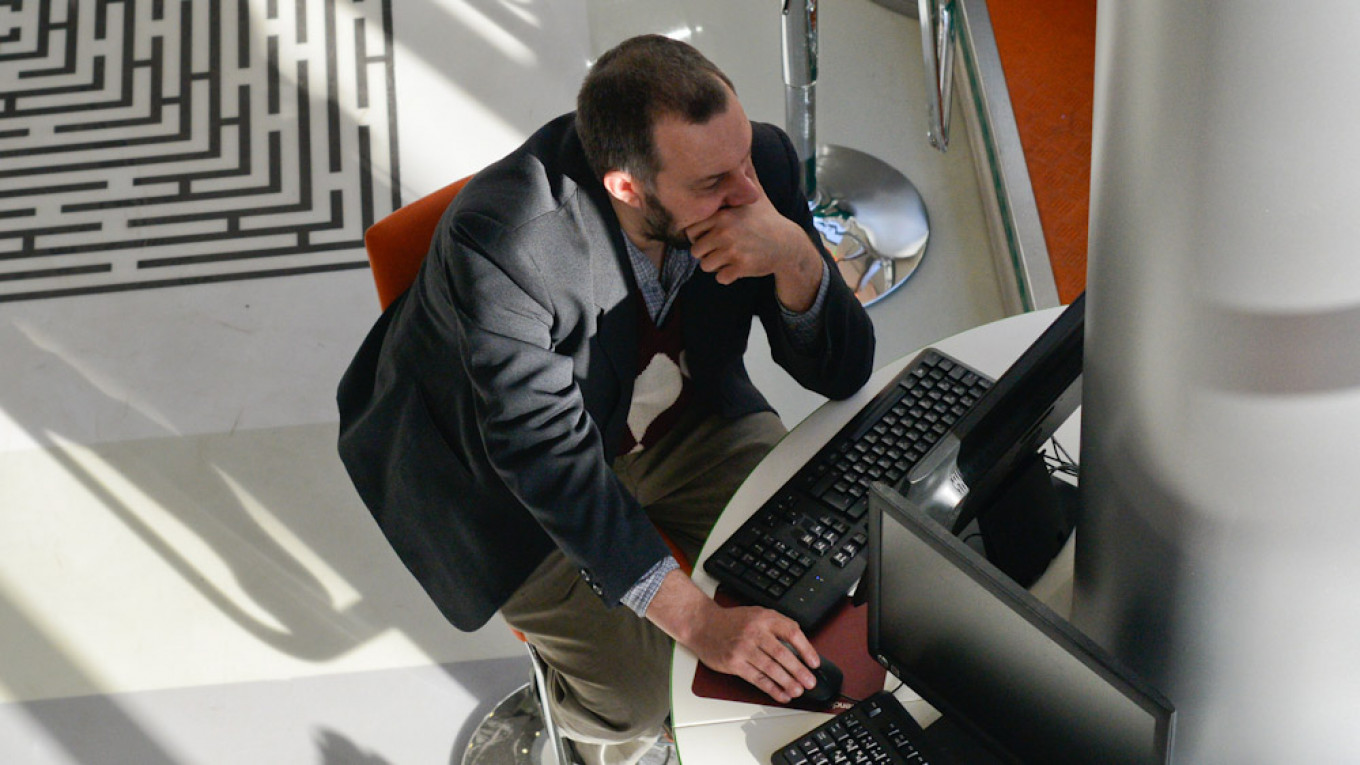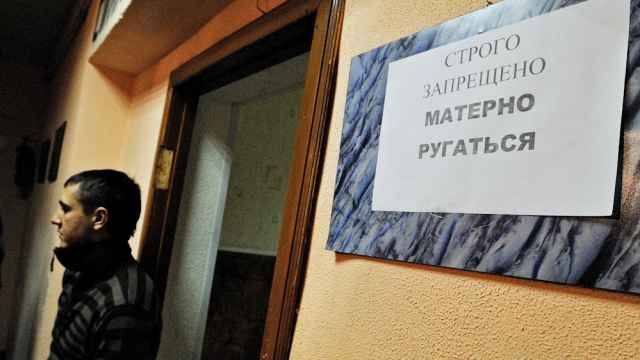Russia blamed “equipment failure” at the state internet provider for mass government website outages after authorities said they will slow down Twitter for Russian users Wednesday.
The websites of the Kremlin and Russian government as well as both chambers of parliament briefly went down after Russia announced it will slow Twitter's loading speed within the country for failing to delete banned content. Roskomnadzor, the media regulator that initiated the slowdown, and other state security websites were also briefly inaccessible.
“Problems with access to a number of government and other sites are related to a router failure in the Rostelecom network,” Russia’s Communications Ministry said, referring to the country’s largest provider.
“The company is taking the necessary steps to restore the network,” it added in a tweet.
Prominent cybersecurity expert and author Andrei Soldatov linked the disruptions to the Twitter slowdown, which itself will use the same technology that Russia plans to use to enforce its "sovereign internet" law.
“Routers is exactly what Roskomnadzor was playing with,” Soldatov told The Moscow Times.
“All sovereign internet equipment is about routers,” he added.
The Kremlin on Wednesday denied that its website went down and voiced support for Roskomnadzor’s efforts to make Twitter comply with Russian law.
The regulator said it moved to disrupt Twitter access after the platform failed to delete more than 3,000 tweets containing calls for minors to commit suicide, child pornography and drugs since 2017.
The slowdown and threat to block the platform used by 3% of Russians comes amid growing tensions with western social media over what Moscow calls censorship of its state-affiliated accounts. It also follows recent anti-Kremlin protests, with Roskomnadzor suing Twitter, Google, Facebook, as well as TikTok and Telegram for failing to delete posts urging children to take to the streets.
Google, its Russian equivalent Yandex and YouTube also reported problems with accessibility, according to the outage monitoring website Downdetector.
A Message from The Moscow Times:
Dear readers,
We are facing unprecedented challenges. Russia's Prosecutor General's Office has designated The Moscow Times as an "undesirable" organization, criminalizing our work and putting our staff at risk of prosecution. This follows our earlier unjust labeling as a "foreign agent."
These actions are direct attempts to silence independent journalism in Russia. The authorities claim our work "discredits the decisions of the Russian leadership." We see things differently: we strive to provide accurate, unbiased reporting on Russia.
We, the journalists of The Moscow Times, refuse to be silenced. But to continue our work, we need your help.
Your support, no matter how small, makes a world of difference. If you can, please support us monthly starting from just $2. It's quick to set up, and every contribution makes a significant impact.
By supporting The Moscow Times, you're defending open, independent journalism in the face of repression. Thank you for standing with us.
Remind me later.






